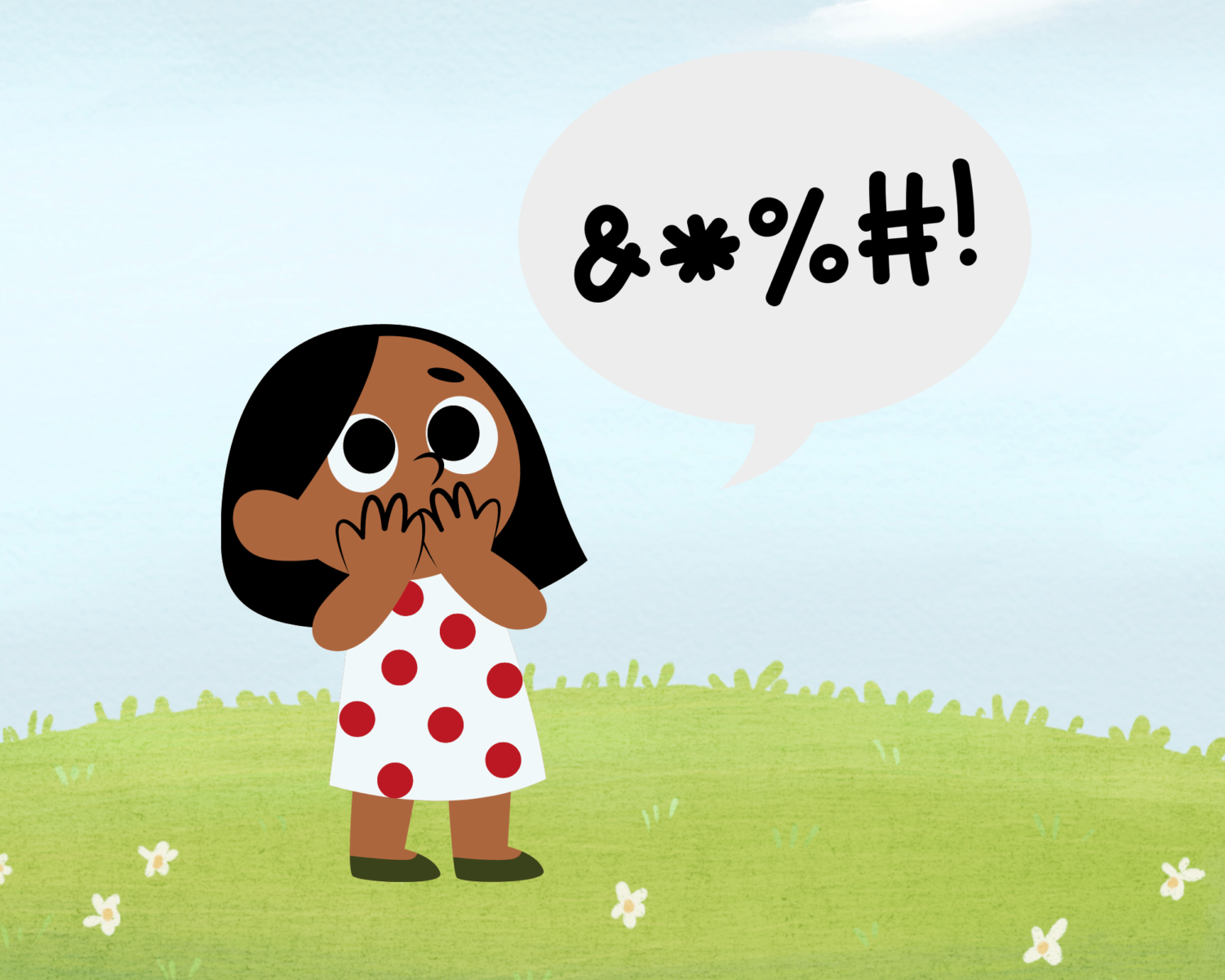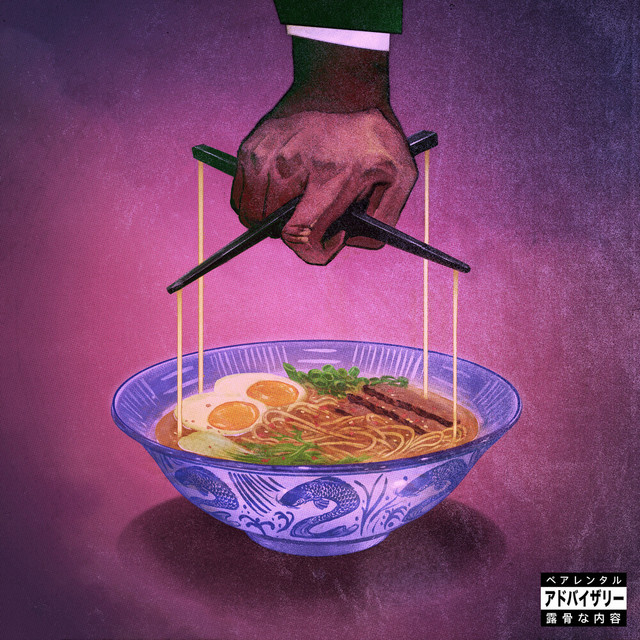You’re hanging with your friends. You’re joking about this, that and the third and, almost without thinking, you let out the s-word or the f-bomb or—for the 70-71% of our audience—the dreaded n-word. All of a sudden, a teacher or some other adult butts into your conversation and demands that you “watch your language.” It’s annoying and intrusive, but you’ve already disregarded it.
It’s practically a tale as old as time, but should it be? Is it finally time for society to let go of its fears and let the youth swear?
According to the Washington Post, the average child not only learns about swear words, but also understands how to properly use them by the time they’re only 3-4 years old. Meaning once a toddler says their first word, they’re only a year or so away from saying their first curse word as well.
Swearing has been repeatedly proven to provide an easy and non-violent way to deal with feelings of anger or frustration. Think about it: What do you do after you stub your toe? Or when you or your parents are stuck in traffic? Or when you get a poor grade on a test? You curse, either loudly or inside your head. From worrying about grades to dreading the inheritance of our broken society, children and especially teenagers have every right in the world to be frustrated.
It’s even been proven that swearing can improve the ability to tolerate physical pain, let alone emotional pain.
According to a study run by Richard Stephens of Keele University, “…while saying ‘twizpipe’ and ‘fouch’ brought on emotional and humorous responses, they had little impact when it came to helping cope with pain compared to using traditional swear words which induces stress-induced analgesia [pain relief] and increased pain tolerance by 33%.”
While it’s commonly believed that cursing is a sign of low-intelligence and bad vocabulary, research shows that it’s actually quite the opposite. When asked to state as many words as possible starting with a certain letter, people who could list the most “taboo” words could also list the most standard words. So take comfort knowing that your sailor mouth might actually be a sign of high vocabulary.
It’s also been proven that people who swear are often found more trustworthy and personable than those who don’t. By swearing, you prove to others that you are open and fun to be around.
Because of this fact, I would encourage teachers to swear in the halls of academia alongside students. In the eyes of a student, teachers are often seen as higher in status, which can make relating and befriending to the student body much more difficult. Which, in turn, can make teaching a tougher endeavor. The act of swearing can break the inherent separation between student and instructor.
Even so, context matters in which swearing is used. While I believe schools (and society in general) should relax when it comes to youth swearing, there are contexts where the usage of swear words should be restricted.
As mentioned before, there is still 29-30% of the school population who shouldn’t say the n-word. While teachers should relax on giving referrals to swearing students—especially when quite a few of them don’t practice what they preach—it is their responsibility to stop instances of bullying. Obviously, calling a random stranger the b-word is just a one-way ticket to a couple missing teeth.
Be smart about your use of cursing, but the next time an adult tells you to “watch your language”, let them know you’re watching it better than ever before.







